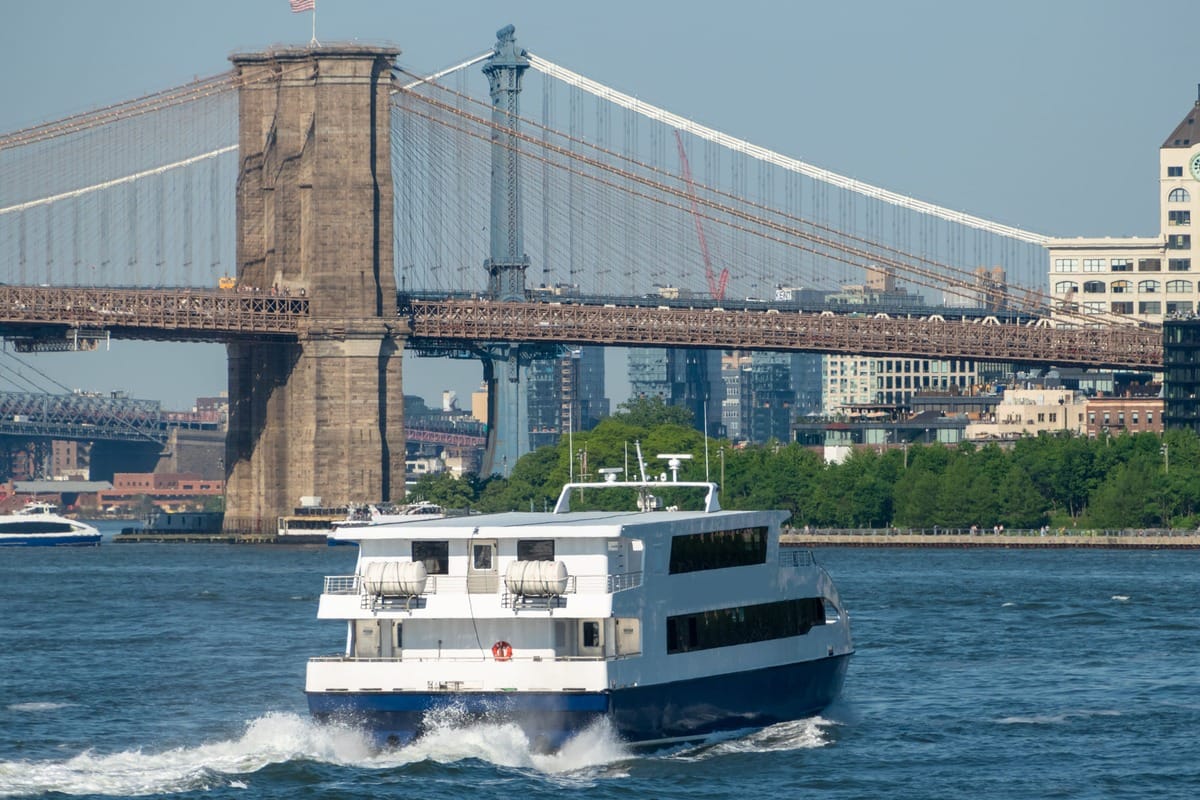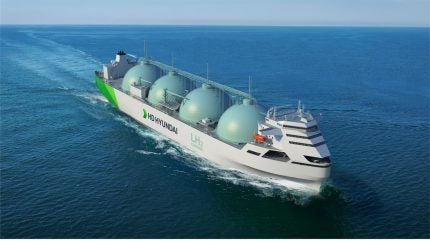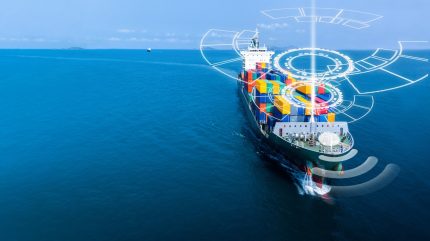Europe’s two largest port complexes, Port of Rotterdam and Port of Antwerp-Bruges, are calling on the European Commission to make large-scale investments in the competitiveness of industry
Europe’s two largest port complexes, Port of Rotterdam and Port of Antwerp-Bruges, are calling on the European Commission to make large-scale investments in the competitiveness of industry in Europe that encourage cross-border port collaborations such as their own. This comes ahead of the publication of the EU Competitiveness Compass and the Clean Industrial Deal.
As energy, logistics and industrial clusters, the two ports say they can play an important role in implementing the EU’s Clean Industrial Deal, aimed at strengthening the investment climate in Europe. As such, they want the European Commission to take an approach that focuses on strengthening international chains and industrial clusters, rather than specific sectors or regions. The ports want to take the lead in this cross-border approach by working together more intensively themselves.
On behalf of both ports, the Vrije Universiteit Brussel and Erasmus University Rotterdam (Centre for Urban, Port and Transport Economics) carried out research into the position and value of the joint port complexes. The study showed that both ports should be seen as an integrated logistics and industrial complex, linked to the broader industrial cluster that extends to the Ruhr region: the ARRRA (Antwerp-Rotterdam-Rhine-Ruhr Area) cluster. In doing so, the ports link flows of goods and energy to businesses and consumers far into the hinterland.
The combined scale, overlapping networks, interconnections and complementary sectors and activities create synergy, giving the industrial cluster a major role in industry in Europe. For example, the ARRRA cluster accounts for 40 per cent of European petrochemical production. Strengthening collaboration between Port of Antwerp-Bruges and Port of Rotterdam could further enhance these benefits, including for Europe. Provided that the right framework is put in place and that Europe invests in connectivity, tackles the regulatory burden and provides stronger support for sustainability investment.
This was the message communicated to European Commissioner for Climate, Net Zero and Clean Growth, Wopke Hoekstra, at a joint event organised in Brussels by both ports (pictured).
Boudewijn Siemons (left), CEO Port of Rotterdam, said: “Europe faces the challenge of ensuring that the transition to a sustainable economy also safeguards the prosperity and strategic independence of our continent. Significant investments have been made in recent years in our port complexes in this regard, and major projects are now being rolled out. At the same time, we see that the competitiveness of European industry is declining. It is therefore important that ports, national and European governments join forces for a European investment climate in which companies can continue to build for the future.”
Wopke Hoekstra (centre), European Commissioner for Climate, Net Zero and Clean Growth, said: “We’ve reached a juncture where industrial growth with emission reductions is not just a choice. It’s a necessity. For far too long, there’s been a prevailing narrative that business and climate don’t mix. However, with this new Commission, we are writing a different story. As we push ahead towards a cleaner, greener future, we must take all European businesses along with us, from innovative clean tech companies to traditional heavy industries. This is what our new Clean Industrial Deal is about.”
Jacques Vandermeiren (right), CEO Port of Antwerp-Bruges, said: “A systemic port cluster approach contributes to achieving Europe’s goals. The ports of Antwerp-Bruges and Rotterdam are unique sites where multimodal logistics, energy and industry come together. The transition to a sustainable economy demands cross-border cooperation and a sense of realism. As ports, we want to jointly contribute to anchoring European industry for the future.”
Content Original Link:
" target="_blank">


























































